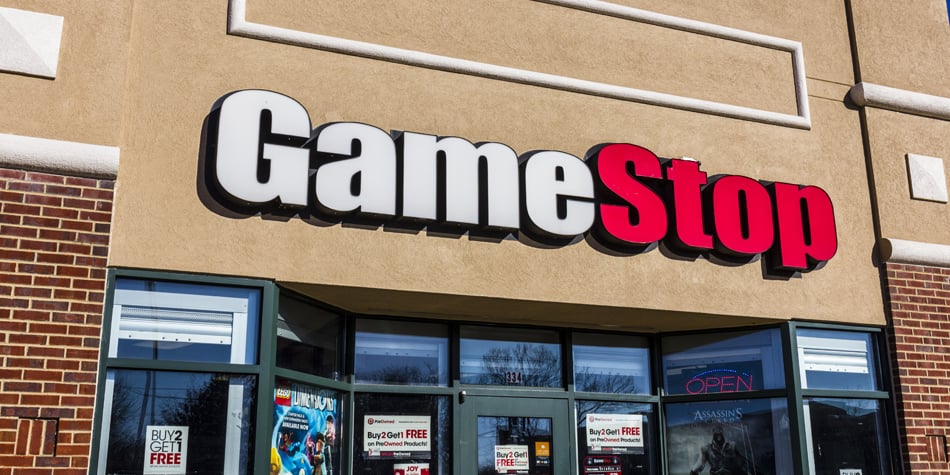GameStop (NYSE:GME) continues to provide the volatility traders love, with double- and even triple-digit percentage swings. Yet, for investors, GME stock remains a risky proposition.
On June 9, Reuters reported that the shorts were once again circling GameStop, “spotlighting how short sellers have grown bolder during a broader market selloff that has pummeled risky post-pandemic favorites once beloved by retail traders.”
According to data from S3 Partners, overall short interest as a percentage of the company’s float had risen 24%, the highest level in a year.
The next day, GME stock topped out at $153. Three trading days later, it had shed a quarter of its value when it hit a low just above $114. This was followed by a 30% rally in less than two weeks back above the $148 level and, finally, an 18% drop to today’s price. Meanwhile, short interest has declined, but only slightly to 21.7%.
Whether or not the animal spirits that seem to propel this meme stock continue to do so is anyone’s guess. However, for investors focused on fundamentals, take a pass on GME stock.
| GME | GameStop | $122.30 |
GME Stock Fueled by Speculation, Not Fundamentals
GME stock continues to be unanchored by any fundamentals. Consider, for instance, that video game sales hit a 27-month low in May, according to the NPD Group. The 19% year-over-year drop to $3.68 billion marked the most pronounced sales decline in months and the lowest total since February 2020.
It’s no secret the pandemic provided a boost for video game sales due to the lockdowns and stay-at-home policies. Yet, the hope that video games would find a new loyal audience of people playing for the first time while stuck at home seems misguided. The fact that sales are now back at pre-pandemic levels indicates the boost in sales was a one-off rather than an acceleration of a secular trend.
It’s quite possible the lull in sales is due in part to inflation. As the cost of basic necessities such as gasoline and food continues to rise, consumers are cutting their discretionary spending. Video games clearly fall into this category. Inflation isn’t going away anytime soon, meaning video game sales may continue to decline.
The Bottom Line on GME Stock
Trading GME stock is best left to speculators. Video game sales are likely to keep falling as inflation eats away at consumers’ discretionary spending power.
Consider that, in May, GME stock traded between roughly $80 and $130 per share. In February 2020, shares traded below $5.
Support for the stock could be as low as $89, which is 27% below the current price. Long-term investors should stay away from GME stock.
On the date of publication, Joseph Nograles did not have (either directly or indirectly) any positions in the securities mentioned in this article. The opinions expressed in this article are those of the writer, subject to the InvestorPlace.com Publishing Guidelines.
